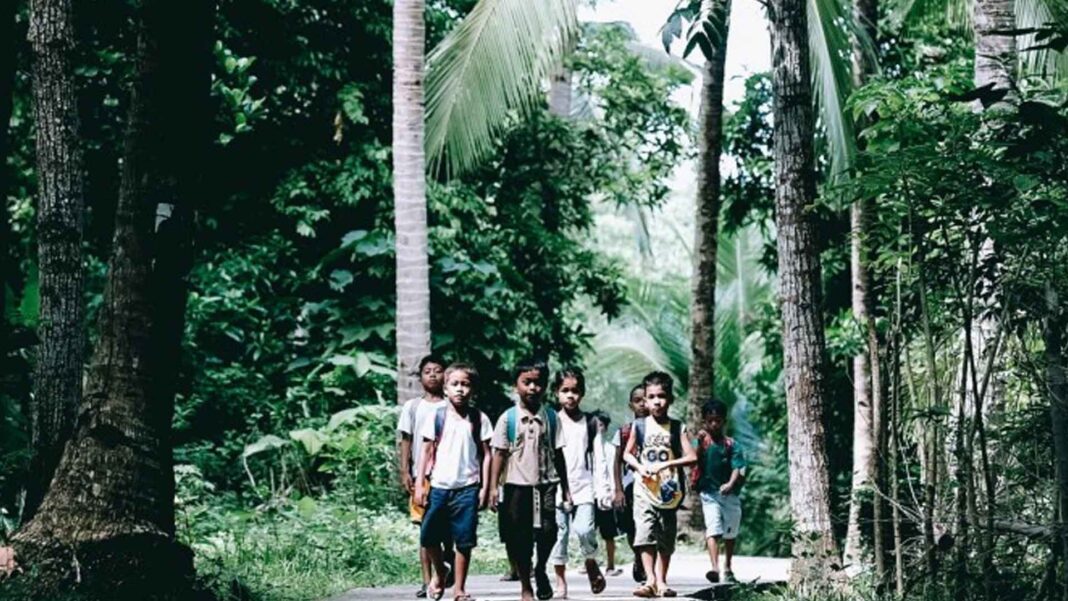A total of 60 local government units (LGUs) in Region 5 (Bicol) will benefit from PHP722.5 million worth of community sub-projects of the Kapit-Bisig Laban sa Kahirapan–Comprehensive and Integrated Delivery of Social Services (KALAHI-CIDSS), the Department of Social Welfare and Development (DSWD) said on Tuesday.
Ranelle Anne Sertan, DSWD-5 social marketing officer, said these sub-projects are focused on nutrition-sensitive initiatives under the Philippine Multisectoral Nutrition Project (PMNP).
“Since the sub-projects aim to improve children’s and women’s nutrition, the 60 LGUs beneficiaries were selected based on different criteria. The municipalities were chosen based on the number of stunted children, poverty incidence, must be a former or current KALAHI-CIDSS project beneficiary and one of the priority areas of the Human Development and Poverty Reduction Cabinet Cluster (HDPRC) or Philippine Plan of Action for Nutrition (PPAN),” Sertan said.
The project will be implemented in four provinces: Camarines Sur–30 towns; Catanduanes–seven; Masbate–16 and Sorsogon–seven.
Sertan added that ongoing orientations and meetings were conducted with the different LGU recipients.
“This June, it started to conduct its orientation, initial meetings and coordination. By the last quarter of 2023 to 2024, the actual implementation of the projects and 2025 is closing,” she said.
In a statement, Adelaida P. Escurel, deputy regional program manager of KALAHI-CIDSS, said each municipality will receive a grant allocation from PHP5 million to PHP28 million for the implementation of nutrition-sensitive interventions depending on the number of stunted children.
“The grant allocation was computed based on the data from the Department of Health on the projected number of stunted children multiplied by PHP3,400. subsidy per child per month and multiplied to 2.5 months intervention period,” she said.
Some of the nutrition-sensitive intervention projects are the digging of small community wells, maintenance of community water sources and construction of community toilets.
Also included are the provision of nutrition learning materials, technical support to integrate nutrition-focused child development activities and minor civil works for daycare centers.
Using the principles of Community-Driven Development (CDD), the communities will lead in the planning, implementation and sustainability of the identified interventions.
KALAHI-CIDSS is a poverty alleviation program of DSWD that uses the CDD approach to help communities in poor municipalities to identify challenges, make informed decisions, and control resources to address poverty. (PNA)



